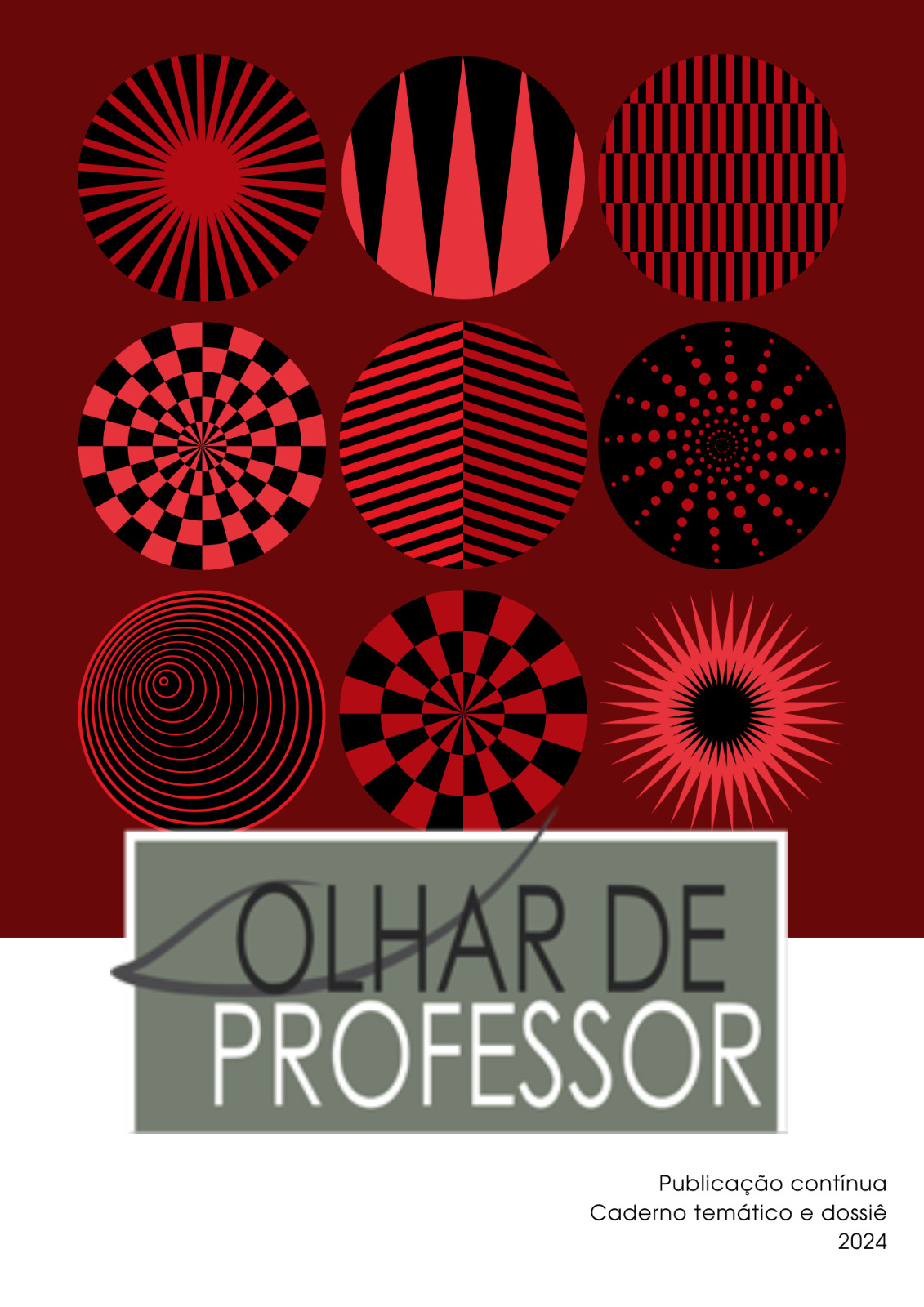Psychosocial and discursive aspects in the appropriation of speech and written language
Main Article Content
Abstract
The central theme that drives this text is language, more specifically, speech and writing, with the aim of reflecting on psychosocial and discursive aspects present in the appropriation process. We seek to answer the following questions: how do psychosocial and discursive aspects overlap in the appropriation of speech and writing? How can teachers encourage this appropriation? We support our reflections on Historical-Cultural Psychology and the writings of the Bakhtin Circle, since these theoretical currents dedicate important reflections on language, placing it in the social field. Methodologically, we developed a theoretical-analytical study, as we are interested in explaining the approaches of these theoretical currents when dealing with the topic from a psychosocial and discursive perspective. Studies show that both speaking and writing are forms of language that can only be appropriated by the child if situated in interaction contexts, within which the child learns to speak and write.
Downloads
Article Details

This work is licensed under a Creative Commons Attribution 4.0 International License.
Authors who publish in this journal agree with the following terms:
a) Authors keep the copyrights and concede the right of its first publication to the magazine. The work piece must be simultaneously licensed on the Creative Commons Attribution License which allows the paper sharing, and preserves both the author identity and the right of first publication to this magazine.
b) Authors are authorized to assume additional contracts separately, to not-exclusively distribution of the paper version published in this magazine (e.g.: publish in institutional repository or as a book chapter), with the author identity recognition and its first publication in this magazine.
c) Authors are permitted and stimulated to publish and distribute their papers online (e.g.: in institutional repository or on their personal webpage), considering it can generate productive alterations, as well as increase the impact and the quotations of the published paper.
d) This journal provides public access to all its content, as this allows a greater visibility and reach of published articles and reviews. For more information on this approach, visit the Public Knowledge Project, a project that developed this system to improve the academic and public quality of the research, distributing OJS as well as other software to support the publication system of public access to academic sources.
e) The names and e-mail addresses on this site will be used exclusively for the purposes of the journal and are not available for other purposes.

This work is licensed under a Creative Commons Attribution 4.0 International License.
References
ACOSTA PEREIRA, R.; COSTA-HÜBES, T. da C. Sobre a análise da língua: considerações em Bakhtin e Volochínov. In: ACOSTA PEREIRA, R.; COSTAHÜBES, T. da C. Prática de análise linguística nas aulas de Língua Portuguesa. São Carlos: Pedro & João Editores, 2021. p. 109-132
BAKHTIN, M. (1979). O problema do texto na Linguística, na Filologia e em outras ciências humanas. In.: BAKHTIN, M. Estética da criação verbal. Tradução: Paulo Bezerra. 4.ed. São Paulo: Martins Fontes, 2003. p. 307-335.
BAKHTIN, M. (1929). O discurso em Dostoiévski. In: BAKHTIN, M. Problemas da poética de Dostoiéviski. Tradução: Paulo Bezerra. 5.ed. Rio de Janeiro: Forense Universitária, 2010. p. 207-211.
BAKHTIN, M. (1930). Teoria do Romance I: a estilística. Tradução de Paulo Bezerra. São Paulo: Editora 34, 2015.
FARACO, C. A. As Ideias Linguísticas do Círculo de Bakhtin. São Paulo: Parábola Editorial, 2009.
LURIA, A. R. Curso de Psicologia Geral: introdução evolucionista à psicologia. Rio de Janeiro: Civilização Brasileira, 1979, Vol. I.
LURIA, A. R. (1990). Desenvolvimento cognitivo. São Paulo: Ícone, 2008.
LURIA, A. R. O desenvolvimento da escrita na criança. In.: VIGOTSKI, L. S.; LURIA, A. R.; LEONTIEV A. N. (2002). Linguagem, Desenvolvimento e Aprendizagem. Tradução de: Maria da Pena Villalobos. 16. ed. São Paulo: Ícone, 2018.p. 143-190
MARTINS, L. M. O desenvolvimento do psiquismo e a educação escolar: contribuições à luz da psicologia histórico-cultural e da pedagogia histórico-crítica. Campinas: Autores Associados, 2013.
VIGOTSKY, L. S. (1969). A formação social da mente. 4.ed. São Paulo: Martins Fontes,1991.
VIGOTSKY, L. S. (1931). Obras escogidas. Tomo III, Madri: Visor, 1995.
VIGOTSKY, L. S. (1956). Obras escogidas. Tomo II, Madri: Visor, 2001.
VIGOTSKY, L. S. (1936). Psicologia pedagógica. Porto Alegre: Artmed, 2003.
VIGOTSKY, L. S. (1930). El instrumento y el signo en el desarrolho del niño. Madrid: Fundación Infancia y Aprendizaje, 2007.
VIGOTSKI, L. S.; LURIA, A. R.; Estudos sobre a história do comportamento: símios, homem primitivo e criança. Porto Alegre: Artes Médicas, 1996.
VIGOTSKI, L. S.; LURIA, A. R.; LEONTIEV A. N. (2002). Linguagem, Desenvolvimento e Aprendizagem. Tradução de: Maria da Pena Villalobos. 16. ed. São Paulo: Ícone, 2018.
VOLÓCHINOV, V. (1929). Marxismo e Filosofia da Linguagem. Tradução de Sheila Gillo e Ekaterina Vólkova Américo. São Paulo: Editora 34, 2017.
VOLOCHÍNOV, V. N. (1930). A Construção da Enunciação e Outros Ensaios. Tradução de João Wanderley Geraldi. São Carlos: Pedro & João Editores, 2013.





